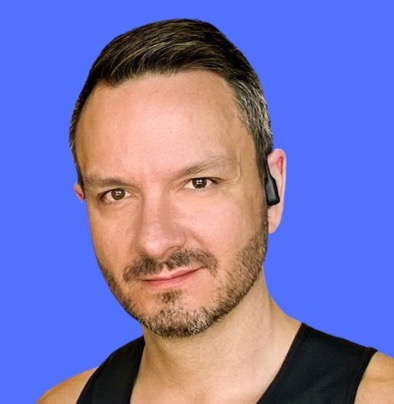How can I become a better LGBTQ+ ally? 7 steps to get started
- Scott

- Oct 9, 2024
- 3 min read
Updated: Oct 9, 2024
Being an ally to the LGBTQ+ community is more than just saying you're supportive—it’s about taking action and showing that support in meaningful ways. Allyship plays a critical role in building a world where everyone feels safe and respected. Whether you're new to this or have been supporting LGBTQ+ people for a while, there’s always more to learn. Here are seven key steps to help you become a stronger, more authentic LGBTQ+ ally.
1. Deep Curiosity
The journey starts with curiosity. Adopt a benevolent perspective—don’t assume you know everything. Actively listen when LGBTQ+ individuals share their stories and experiences. Be open to learning from them. Engage with their struggles and triumphs by diving deeper into LGBTQ+ history and rights. The more you learn, the more you understand, and that understanding helps you become a better ally.
2. Honest Introspection
Look inward. Reflect on your own life, experiences, and how they’ve shaped your worldview. It’s important to challenge your assumptions about the LGBTQ+ community. Take the time to recognize any unconscious biases you might have. Seek feedback from LGBTQ+ people around you, and be willing to grow from it. This type of self-reflection is key in evolving your allyship.
3. Humble Acknowledgment
Recognize your privilege. If you’re not part of the LGBTQ+ community, there are certain challenges you don’t face simply because of your sexual orientation or gender identity. Acknowledging this doesn’t diminish your own struggles, but it helps you understand that others may have barriers you haven’t experienced. It’s also important to realize that being an ally doesn't cost you anything—there’s nothing to lose, only to gain, by helping lift others up.
4. Empathetic Engagement
Reach out with empathy. Check in on your LGBTQ+ friends, family, or coworkers. Ask how they’re doing, especially during difficult times or events. Put yourself in their shoes—try to understand their perspectives and challenges. Showing that you truly care through empathetic engagement is one of the most powerful ways to demonstrate allyship.
5. Authentic Conversation
Being real matters. Have authentic conversations where you’re honest about your own experiences and struggles. Share your thoughts while being open to learning from others. But remember to respect boundaries—not everyone will want to talk about everything all the time, and that’s okay. When you approach these conversations from a place of mutual respect, you create a safe space for meaningful dialogue.
6. Vulnerable Interactions
It’s okay to be vulnerable. Share your feelings and ask for help when you need it. Being an ally means you don’t have to have all the answers—it’s about showing up as your authentic self. Vulnerability fosters trust, and by expressing gratitude for the things you learn from the LGBTQ+ community, you build stronger, more meaningful relationships.
7. Courageous Responsibilities
Step up and take responsibility. Make your allyship visible—whether that’s by speaking up when you see injustice, educating others, or advocating for LGBTQ+ rights. It’s not enough to be a passive ally. It’s important to act, even when it’s uncomfortable or when it means challenging the people around you. Courage is key to making real change happen, so don’t be afraid to lead by example.
Allies MATTERS!
Being an ally is a continuous journey. There’s always more to learn, more ways to offer support, and more opportunities to make a difference. By following these seven steps—staying curious, reflecting on yourself, showing empathy, and taking courageous actions—you can create a lasting impact and truly stand with the LGBTQ+ community!







